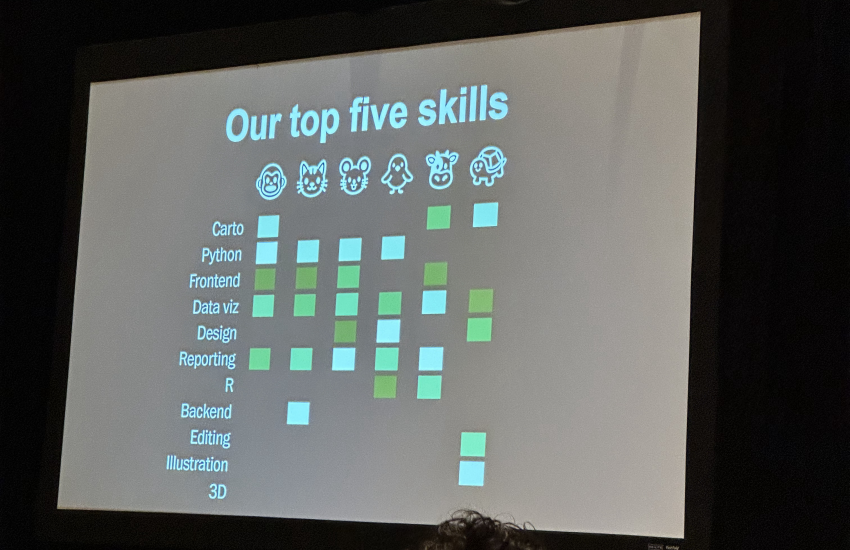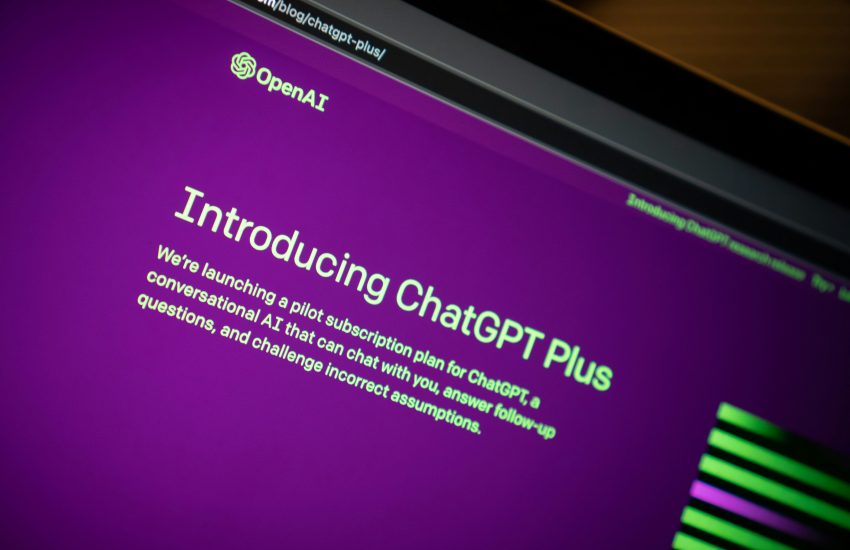New Strategies for Using Artificial Intelligence in Journalism
Here’s the fifth in our series of round-ups on the latest in artificial intelligence and journalism (find previous editions here). This time around it feels like the rubber has really hit the road, with lots of work on strategies and examples being shared around the web. These insights are brought to you by Northeastern University data storytelling professor Rahul Bhargava.
What’s Your Newsroom AI Strategy?
Larger news organizations seem to be expanding effort on concerting artificial intelligence strategies. Just as one example, in February the Washington Post appointed their first Senior Editor for AI Strategy and Innovation. In March NiemanLab interviewed the New York Times AI editor on how the foundational principles of journalism are worth returning to, and how that plays out in concrete examples of AI assisted reporting.
This is causing lots of reflection and strategic thinking at the C-suite level as well. The Newsroom Robots podcast interviewed the Dutch foundation for public broadcasting, and NiemanLab touched on AI with the Financial Time’s CEO.
Can AI Really Help You Report?
We also found a lot more write ups from journalist and technologist, reflecting on how AI tools can help them, or not. Check out the widely shared reflections from the Markup on the failures of trying to use ChatGPT as a reporting assistant. Simon Willison (Django, Datasette) shared a variety of more technical examples of how to use AI tools for working with data in journalism. In April the AP released the “Generative AI in Journalism” report they commissioned, based on a survey of hundred of news industry staff on ethical and practical considerations.
Lots of options for learners are rolling out as well. The Knight Center spun out a new course on AI and elections. The Pulitzer Center’s AI Spotlight Series is hosting and broadcasting a variety of trainings. The Online News Association launched their AI in Journalism Initiative, which includes hands-on, trainings, community convenience, and hosted talks.
Legal Questions Continue
No quick verdicts on the legal front. Various lawsuits are starting to move their way through the courts, and many outlets continue to ponder the legality of the generative models that underlie the chat based interfaces were currently calling “AI “. CJR summarized legal opinions from a couple of different sources to think about whether companies like OpenAI could be sued for defamation. Over at Fast Company, a musician draws comparisons to the age of Napster (for illegal music sharing) and the power of big tech companies in the modern hype-driven AI cycle.
Sadly the AI generated content scandals are still unfurling: Futurism dub deeper into AdVon and found their content was far more widely used than originally thought.





